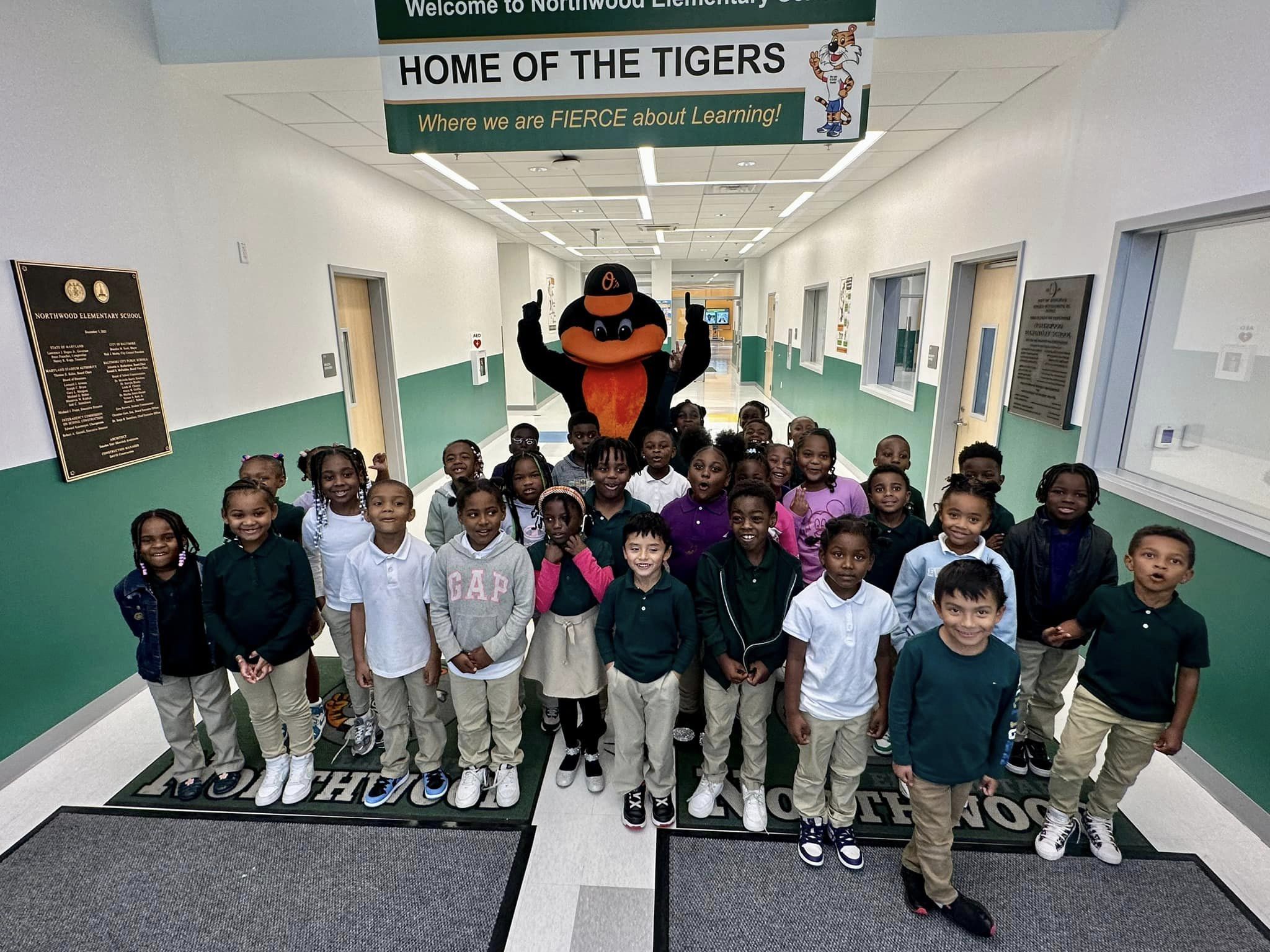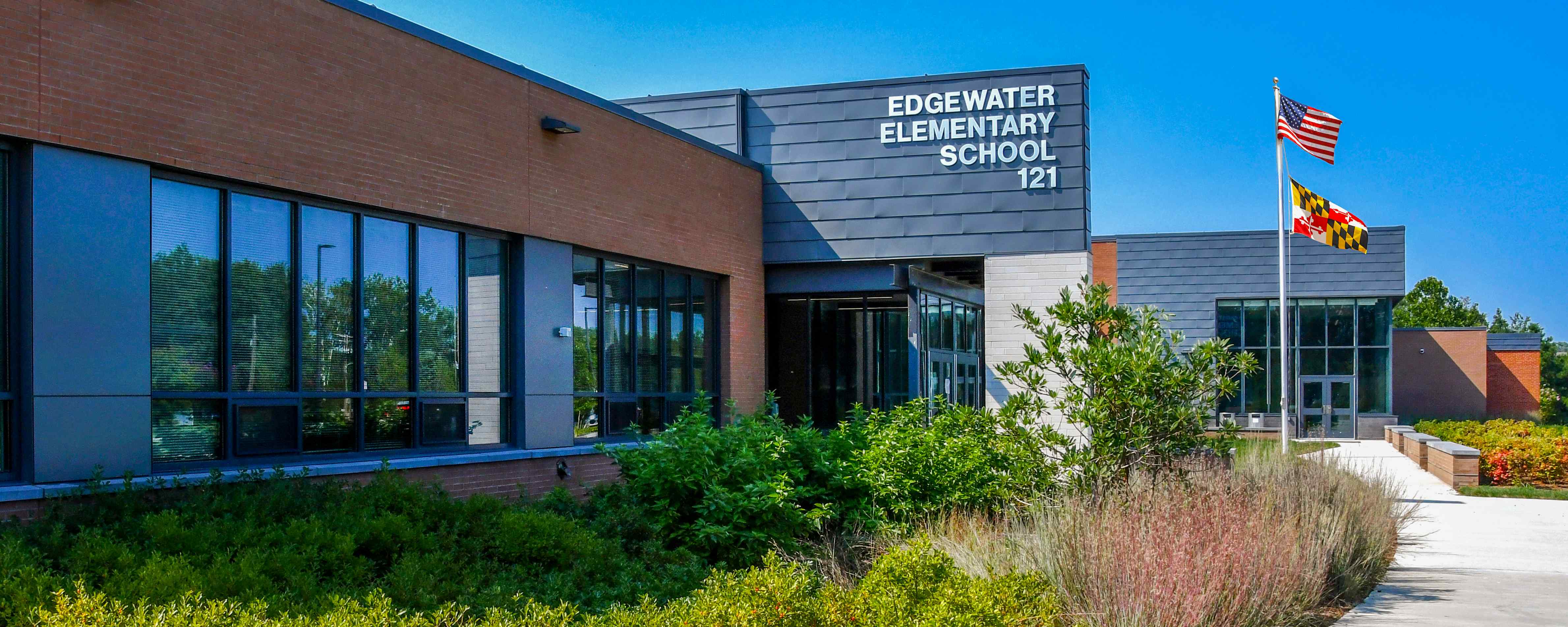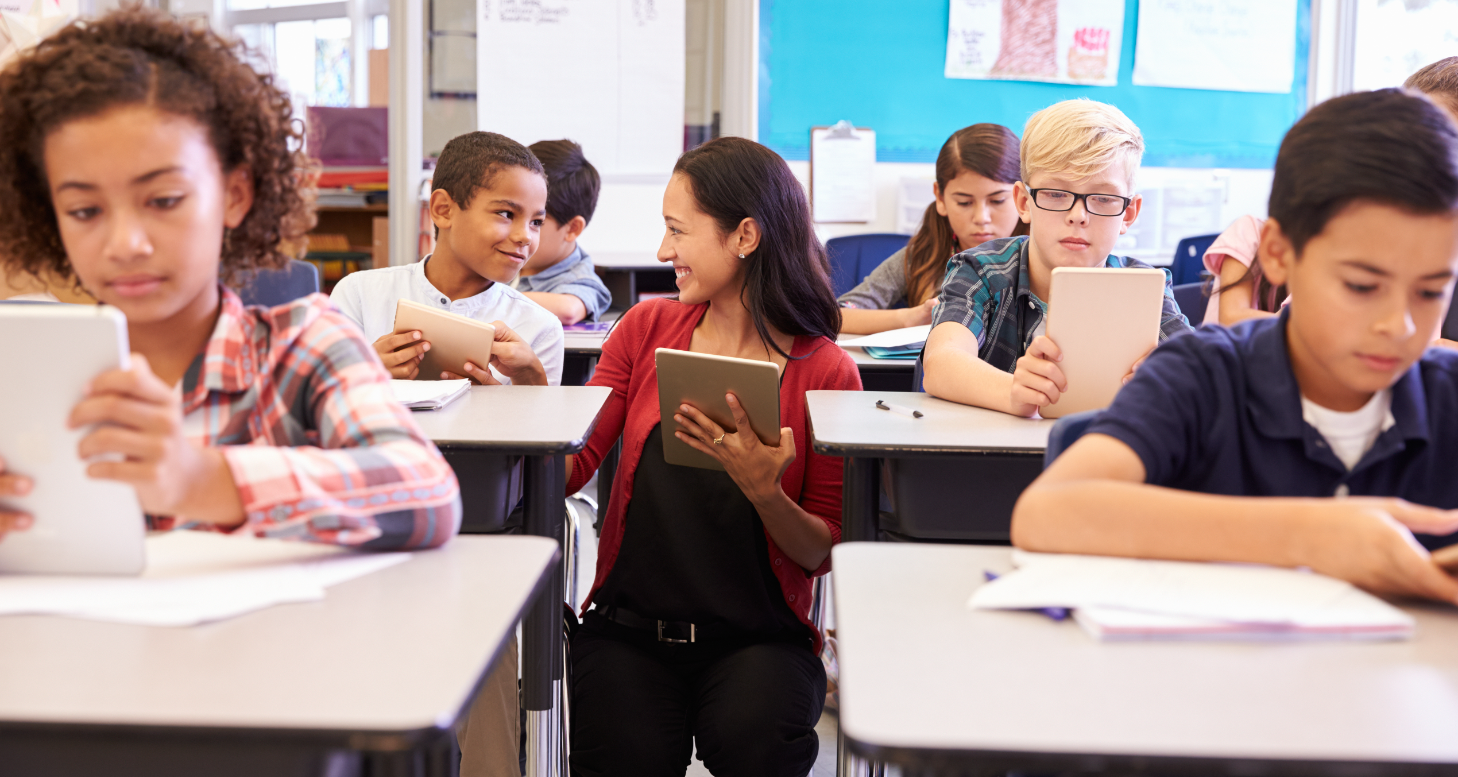Why Private School education differs from traditional learning
Wiki Article
All Regarding Preschool: Recognizing the Importance of Very Early Childhood Education Programs
Kindergarten acts as a critical point in a youngster's very early advancement. It presents foundational skills vital for future understanding and social communications. Via different activities, youngsters engage in organized play that promotes cognitive development. Recognizing the subtleties of different kindergarten programs can even more brighten their significance. What details benefits do these very early education and learning experiences use, and how do they form a youngster's trajectory? The answers may be a lot more complicated than one may anticipate.
The Function of Preschool in Kid Development
Although some might watch kindergarten just as a transition stage prior to formal schooling, it plays a vital duty in child growth. This fundamental phase cultivates important social, psychological, and cognitive skills that are essential for lifelong learning. In kindergarten, youngsters take part in organized play, which boosts their capability to work together, share, and fix problems with peers. These communications prepared for healthy and balanced connections and boosted communication abilities.Furthermore, preschool introduces children to standard ideas in literacy and numeracy, triggering curiosity and a love for learning. Teachers direct pupils with activities that promote important and analytical thinking, essential parts of intellectual growth. Moreover, the setting stresses regular and framework, assisting children create self-discipline and self-reliance. By concentrating on all natural advancement, kindergarten warranties that children are not only ready academically but additionally socially and mentally for the challenges of future academic undertakings.
Key Benefits of Very Early Youth Education
Early youth education offers many benefits that can significantly impact a kid's advancement and future success. Study suggests that children that take part in high quality very early education and learning programs display improved cognitive abilities, far better language advancement, and improved social abilities contrasted to their peers that do not participate in such programs. These foundational abilities are important as they set the stage for scholastic achievement and long-lasting discovering.Additionally, very early education and learning fosters emotional advancement by providing youngsters with opportunities for participating play and dispute resolution, aiding them develop resilience and compassion. Kindergarten. In addition, these programs commonly aid bridge the void for youngsters from diverse backgrounds, making certain fair accessibility to learning experiences and sources
Ultimately, spending in early childhood education and learning not just benefits individual children however additionally contributes to stronger communities, as enlightened people are extra most likely to engage favorably in society and the workforce.
Different Types of Preschool Programs
Different kindergarten programs satisfy different educational viewpoints and demands. Full-day choices provide extensive knowing time, while the Montessori technique highlights self-reliance and hands-on experiences. Additionally, play-based knowing strategies foster creative thinking and social skills, illustrating the diversity in very early childhood education and learning.Full-Day Preschool Options
Numerous parents and teachers identify the expanding importance of full-day kindergarten choices in very early youth education. Full-day programs commonly provide an even more thorough discovering experience, enabling kids to involve in a selection of tasks throughout the day. These alternatives typically consist of a balanced curriculum that incorporates academic, social, and emotional development. Some districts supply conventional full-day kindergarten, while others might offer specialized programs, such as dual language or thematic understanding settings. Additionally, full-day kindergarten can suit functioning parents by straightening school hours with regular job routines. Research suggests that trainees in full-day programs frequently demonstrate boosted scholastic performance and social skills compared to their peers in half-day settings, making these alternatives increasingly preferred in many neighborhoods.Montessori Method Introduction
Although the Montessori strategy is just among many instructional viewpoints, it has actually gained substantial interest for its distinct emphasis on child-led discovering and exploration. Developed by Dr. Maria Montessori, this technique concentrates on cultivating independence and self-directed activity in youngsters. Classrooms are typically designed to urge activity and hands-on engagement with products, permitting kids to discover at their own pace. Montessori instructors act as overviews, assisting in learning via observation instead of direct direction. This method focuses on mixed-age class, advertising cooperation and peer discovering. Additionally, the Montessori method stresses useful life skills and sensory activities, helping kids create a strong foundation in both academic and social competencies. Parents usually appreciate the holistic growth that this method nurtures in their youngsters.Play-Based Understanding Strategies
Play-based learning methods are integral to various preschool programs, emphasizing the importance of play as an essential mode of learning for young youngsters. These methods urge web exploration, creative thinking, and social interaction, allowing children to engage in hands-on experiences that promote psychological and cognitive development. Numerous kinds of play, such as imaginative, positive, and physical play, are made use of to sustain finding out objectives across topics like scientific research, proficiency, and mathematics. Additionally, play-based programs often include collaborative activities, advertising synergy and interaction skills. Educators observe and lead kids during play, guaranteeing that discovering outcomes are accomplished while maintaining a joyous understanding atmosphere. This approach not only improves scholastic preparedness yet additionally grows a long-lasting love for discovering, making it an essential part of very early childhood education and learning.The Value of Play in Knowing
A significant body of study emphasizes the important role of play in early childhood years education and learning, illustrating its extensive influence on understanding and development. Play functions as a crucial mechanism with which children explore their environment, create cognitive abilities, and enhance their problem-solving abilities. Involving in creative play enables kids to try out various duties and circumstances, cultivating imagination and crucial thinking.Play-based understanding encourages kids to engage with materials and ideas in a hands-on way, making abstract ideas more substantial and reasonable. This experiential discovering approach not just captures kids's rate of interest yet additionally advertises intrinsic motivation, fundamental for lifelong understanding.
Via play, kids also fine-tune their motor abilities and spatial recognition, preparing for extra complicated scholastic jobs. Basically, prioritizing play in very early childhood years education and learning programs is essential for supporting all natural advancement, outfitting children with the fundamental abilities needed for their future educational trips.
Social Skills Advancement in Kindergarten
Building on the foundation established via play, kindergarten functions as a crucial environment for social skills development. Throughout this developmental stage, youngsters take part in structured tasks that encourage communication with peers. Via group jobs, participating video games, and shared jobs, they learn important abilities such as compassion, conflict, and communication resolution.Educators promote these interactions, directing youngsters in recognizing social cues and cultivating positive partnerships. As children navigate different social situations, they develop a feeling of belonging and discover to appreciate diverse viewpoints.
Preschool provides chances for children to practice turn-taking, sharing, and settlement, which are necessary for constructing friendships. These experiences not only improve social competence but additionally add to psychological intelligence. As an outcome, the social skills acquired in preschool prepared for effective communications in later instructional setups and throughout life. The relevance of social abilities development in kindergarten can not be overemphasized.
Parental Participation in Early Education

Furthermore, when moms and dads show a passion in their youngster's education, it grows a favorable perspective in the direction of learning. When they feel supported, children are much more likely to create a sense of belonging and motivation to succeed. Furthermore, parental participation can improve a kid's emotional health, leading to better strength in facing institution obstacles. As a result, cultivating a collective environment between home and institution is important for enhancing early educational experiences and end results.
Planning for the Change to Elementary School
As youngsters approach the end of their kindergarten trip, planning for the modification to grade school ends up being progressively vital. This shift calls for careful planning and support from both parents and instructors. Familiarizing kids with the brand-new setting, regimens, and expectations of grade school can ease their stress visit their website and anxiety and promote self-confidence.
Colleges typically give alignment sessions that present youngsters to their future classrooms and teachers, fostering a sense of belonging. Additionally, moms and dads can involve in conversations regarding the modifications in advance, emphasizing the interesting possibilities for finding out and social communication.
Motivating freedom in everyday tasks, such as click site clothing and following a schedule, can additionally be beneficial. Practicing necessary skills, such as letter recognition and standard mathematics, prepares youngsters academically for very first quality.
Ultimately, a collective initiative amongst parents, teachers, and the area assures a smoother shift, laying a solid structure for a successful instructional trip.
Regularly Asked Concerns
What Qualifications Should Kindergarten Teachers Have?
Kindergarten teachers need to possess a bachelor's degree in very early youth education or a relevant area, in addition to state certification. Additional certifications may include specialized training in child growth, class administration, and efficient mentor techniques.How Do I Select the Right Preschool Program?
To choose the appropriate preschool program, one need to think about elements like curriculum, teaching techniques, course size, teacher certifications, and parent testimonials. Visiting facilities and observing communications can likewise provide important understandings right into the program's atmosphere.What Should My Youngster Learn in Preschool?
In preschool, a child must discover fundamental abilities such as standard analysis and writing, counting, social communications, problem-solving, and electric motor abilities. These proficiencies promote cognitive advancement and prepare them for future academic obstacles.Exist Age Needs for Kindergarten Enrollment?
A lot of states call for children to be five years old by a certain day, generally September 1st, for kindergarten enrollment. However, particular age demands can differ, so checking local college area policies is important.
Just How Can I Support My Child's Knowing in the house?
To support a youngster's knowing in your home, moms and dads can establish a regular, supply interesting instructional products, motivate reading, get involved in hands-on activities, and foster open communication to support interest and vital reasoning skills.Preschool offers as a vital stage in a youngster's very early advancement. Some might check out preschool simply as a transition stage before official education, it plays a necessary duty in kid advancement. In enhancement, kindergarten presents children to basic principles in literacy and numeracy, triggering inquisitiveness and a love for discovering. Play-based learning strategies are important to countless kindergarten programs, emphasizing the relevance of play as an essential setting of finding out for young children. In preschool, a kid ought to find out fundamental abilities such as standard reading and writing, counting, social interactions, analytic, and motor skills.
Report this wiki page